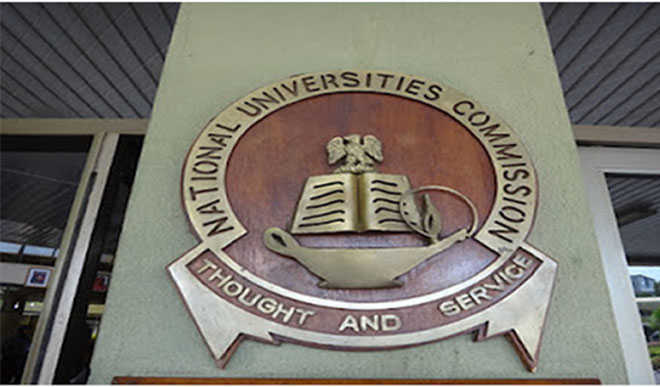
By Akon Etumukwa
Nigerian universities grew their research activities by 14 per cent from 2016 with impact on local, national and global problems.
Former Executive Secretary of the National Universities Commission, NUC, Prof Peter Okebukola, said about 150 universities in the country embarked on various research during the period while some centres of excellence researched on Lassa fever, Ebola and renewable energy.
Okebukola, who spoke in Abuja at an Interactive Session with Directors of Research from selected Nigerian Universities, however decried challenges facing research activities in the country, adding that the forum was to discuss creative ways of tackling them.
“There is an African Centre of Excellence in Redeemer’s University that carried out Lassa fever research and Ebola research; you know, this has national, regional and global impact.
“When we measured our output through publications in other journals, the Nigerian university system recorded 14% improvement over the 2016 figures; NUC will soon commence the collation of data for 2018 to be able to know how we have improved from 2017,” he said.
While noting that there was no other valid and reliable resource like university education in the country, he called for collaboration between Nigerian universities and other institutions abroad to effectively carry out problem-solving research with global impact.
Further speaking on the challenges of conducting research, he said there was weak international collaboration, capacity deficit of researchers, compromised research integrity and inadequate research facilities among others.
Okebukola proffered ten recommendations to resolve the research problems in the country including the establishment of a research capacity enhancement by the NUC and mandating universities to submit their research policies by September among others.
Earlier, the Executive Secretary of NUC, Prof Abubakar Rasheed, lamented that in many Nigerian universities, research culture was almost zero, adding that the interactive session was aimed at reviving a credible culture of relevant and rigorous research in the country’s universities.
Rasheed maintained that Nigerian universities must reposition themselves to take advantage of the large pool of research grants available globally and get back to relevance.
He noted that in today’s highly competitive globalised world, no university can win any significant research grant without first demonstrating the existence of a robust research management system supervising the entire research value chain from grant proposal writing to research accounting, project management, among others.
“Nigeria must begin the process of consciously turning some of our universities into research intensive universities,” he said.
Also speaking, the Head, Human Capital Commission, Nigeria Economic Summit Group, Mr Tope Toogun, stressed the crucial nature of research and innovation as knowledge has become the currency of transaction.
Toogun pledged that the Group will organise the private sector to enter into collaboration with the Nigerian University System, adding that it has the target of moving research and development from 0.2 per cent to 50 per cent.
Rice, a staple for Christmas celebrations in Nigeria, has become a luxury this year. Soaring…
Panic erupted on Saturday at a concert in Lagos when the stage collapsed during Odumodublvck’s…
The Federal Government of Nigeria has allocated ₦6,364,181,224 billion for the refurbishment and rehabilitation of…
The black market dollar to naira exchange rate for today, 22nd December 2024, can be…
The Nigerian National Petroleum Company Limited (NNPCL) has refuted claims that the 60,000 barrels per…
Manchester City finds itself in unprecedented turmoil, with relegation-level form showing little sign of improvement.…